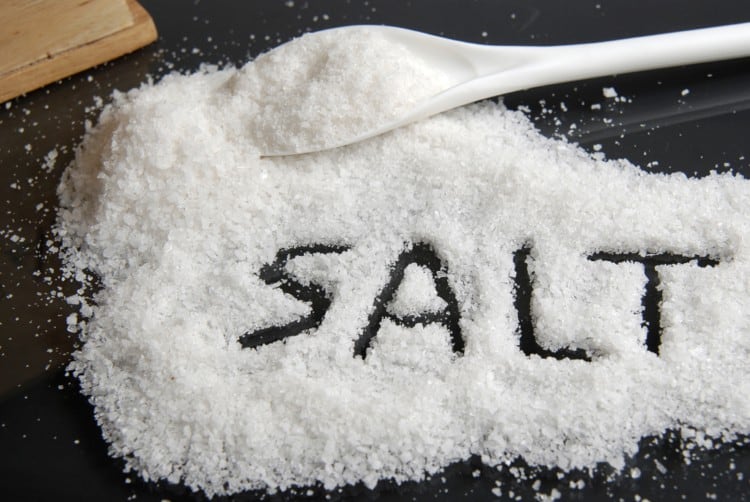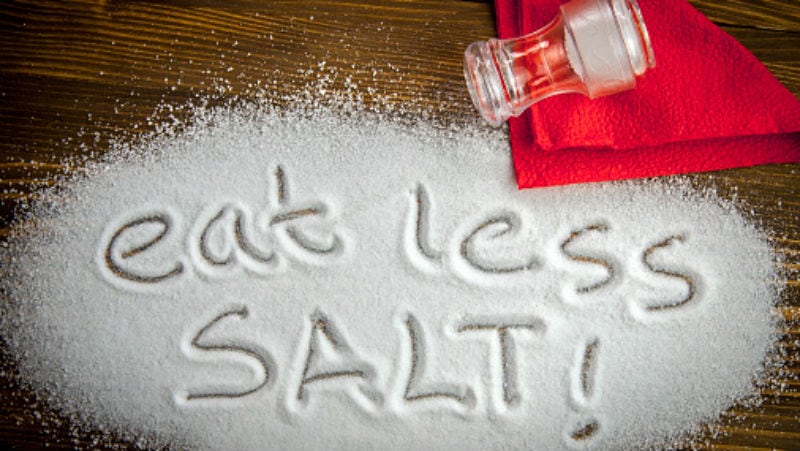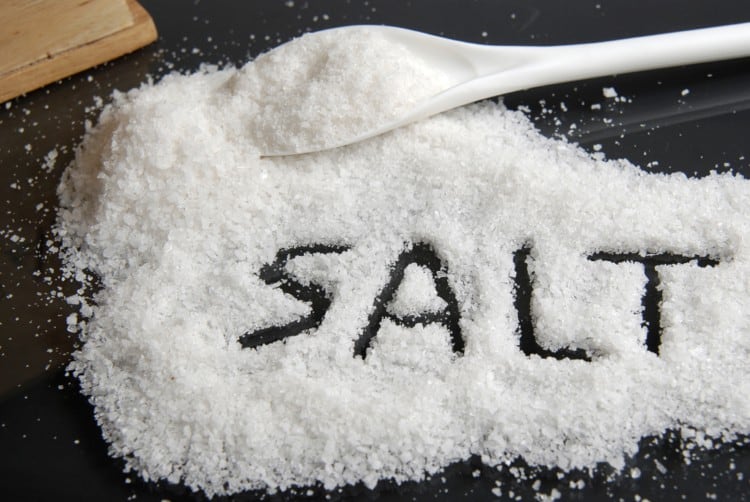The study was based on data collected in the 1980 National Nutritional Survey of Japan, which was part of the National Integrated Project for Prospective Observation of Non-communicable Disease and Its Trends in the Aged (NIPPON DATA80) project, with a 24-year follow-up.
It covered 8702 individuals, about 4,873 (56%) of whom were women. All participants had at least one other person in their household unit and were between 30 to 79 years of age.
The salt intake was evaluated by household, using a weighing and recording method across three days, where all foods and beverages consumed by any of the household members were recorded.
“In Asian countries, a major source of salt intake is from seasoning or table salt added at home,” said the study authors.
“[In this study], the household salt intake level was defined as the amount of salt consumed per 1000 kcal of total energy intake in each household. [We found the average intake to be] 6.25 g/1000 kcal.”
According to World Health Organisation (WHO) guidelines, adults are recommended to consume less than 5g of salt per day to reduce blood pressure and the risk of cardiovascular disease, stroke and coronary heart attack.
Based on Cox proportional hazard ratios (HRs), which are used to predict how specific factors (e.g. salt intake) influence the probability of an event happening (e.g., death), a 2g/1000 kcal increase in household salt intake led to significant increases for all-cause mortality (1.07 in HR value, which is assumed to be a 7% higher chance of death), cardiovascular disease (1.11; 11%), coronary heart disease (1.25; 25%), and stroke (1.12; 12%).
“[These findings mean that] the household salt intake level was significantly associated with long-term risk of all-cause, cardiovascular disease, coronary heart disease, and stroke mortality in a [Japanese] population,” said the authors.
The opposite end: Fruits, vegetables and fish
In a separate study which was also conducted using NIPPON DATA80 data and involved most of the same researchers, 29 years of follow-up from the original 1980 data also revealed a higher risk of cardiovascular disease (CVD) mortality associated with higher salt intake.
“The risk of CVD mortality was significantly elevated in the lowest [salt] intakes compared with the highest intakes for vegetables, fruit, and fish,” said the researchers.
“In contrast, higher intakes of vegetables, fruit, and fish, and lower salt intake, were significantly associated with a lower risk of death from stroke.”
The researchers also constructed a dietary pattern heat map based on HRs, and found that the risk of CVD mortality for those with the ‘worst’ dietary pattern (low vegetables, fruit, and fish intake + high salt intake) was 2.87 times greater than those with low salt, high vegetables, fruit, and fish intake.
Other common food items were also assessed in the study, but were not linked to any increased heart disease mortality risks.
No significant association was found between the consumption levels of cereal, soy/soy products, dairy products, and meat and the risk of CVD death.
“Japanese people are known for their long life expectancy [despite also being] well known to have a high salt intake,” said the authors.
“[That said] although it remains high, salt intake in Japan has markedly decreased over the past several decades, and this reduction in salt intake has contributed to a reduction in the risk of stroke, through a decrease in blood pressure.
“These changes have been linked to the long life expectancy in Japan.”
Study 1: Relationship of household salt intake level with long-term all-cause and cardiovascular disease mortality in Japan: NIPPON DATA80
Source: Hypertension Research
Authors: Shima, A. et. al.
https://doi.org/10.1038/s41440-019-0349-9
Study 2: Cardiovascular Risk Assessment Chart by Dietary Factors in Japan - NIPPON DATA80
Source: Circulation Journal
Authors: Kondo, K. et. al.





